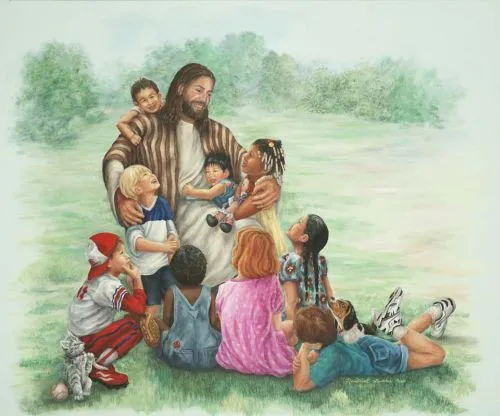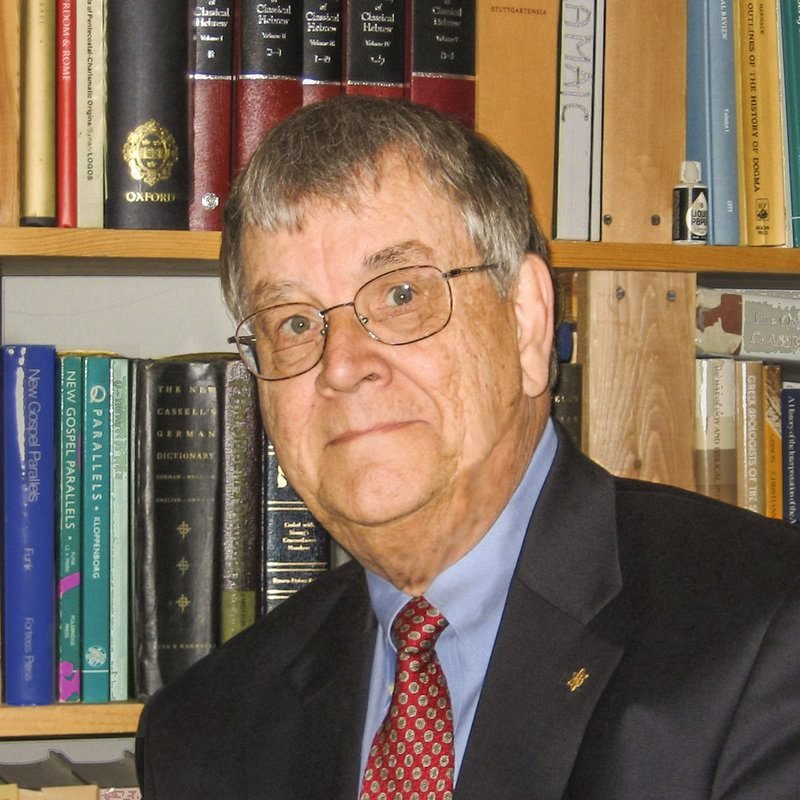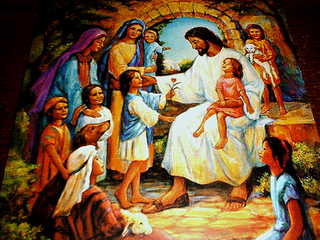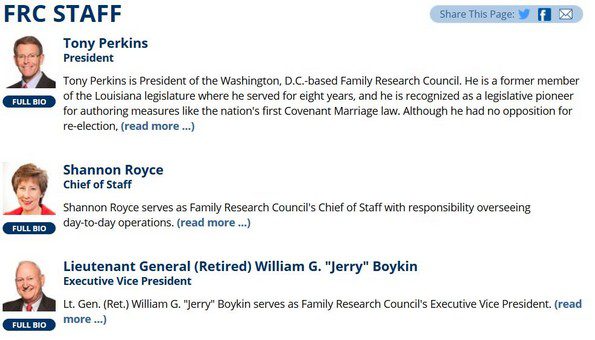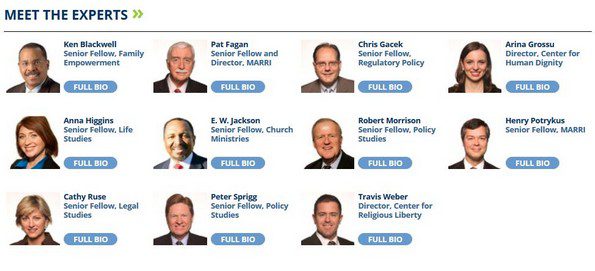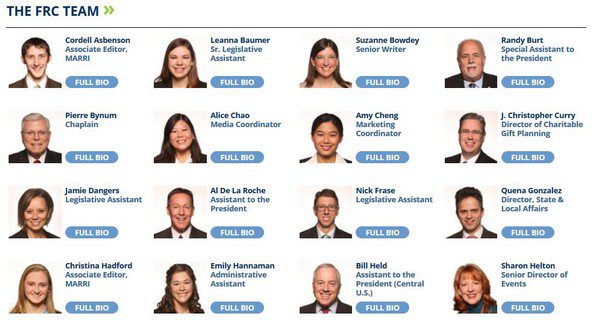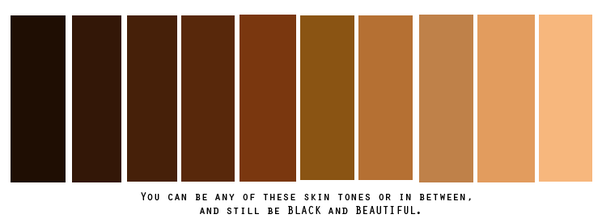
Race is a social construct used to sort people into groups according to skin color, birth parents, geography, melanin levels, and DNA. As a child in an Independent Fundamentalist Baptist (IFB) Sunday school, I was taught with the song Jesus Loves the Little Children to categorize people as red, yellow, black, and white. Later, the brown skin tone was added to the ditty.
Recently, MSNBC host Joy Reid educated a C-Span caller about the use of words such as negro and Black.
Around the time of Medgar Evers, you know, you had the signs of, you know, Negroes and colored people, this and, you know, all of that. Why are we still using the synonym Black? There are no Black people. If we’re going to start calling immigrants that come through the border brown people, let’s call the brown people, all the brown people, brown people and, like, really take hold of the narrative instead of, like, I don’t know if people have actually looked up the color black in the dictionary, It’s not something, why would you want to call your children that?
The caller also argued that black means “darkness, void,” saying “You know, that’s part of the discrimination. We are not black people. We are brown.” (It seems to me the caller was Black.)
Reid, who is Black, replied:
Because the term Negro was, is a made up term that was made up by white supremacists in order to label Black people who came from multiple ethnic groups and throw them all together. So when Africans were taken in slavery to America, you’re mixing tribes that had no genetic relationship other than all being Negro. And so the idea of whiteness and blackness was invented in America. It didn’t exist before the 16th century. No white people in Europe who are all different ethnicities, whether they’re Italian or Greek or British or German, they didn’t call themselves white.
And so when people reclaimed the term black in the 1960s, it was because they had decided to empower themselves. It was a term that felt to them more powerful than simply using the term Negro, which had been invented by enslavers. So I don’t see any problem with black. Black is a term that can mean power. It can mean beauty. It doesn’t have to mean darkness and horror.
Much like with preferred pronouns, when I want to know how a person wants to be identified, I ask them. Now, that’s a novel thought, right? 🙂 I don’t assume how they self-identify. I grew up in a home and a generation where it was normal to call Blacks negroes or niggers. Mexicans were called spicks and Asians were called slant eyes or mongoloids. My parents were Jesus-loving, John Birch-supporting racists, and so was I well into adulthood. I regret being so, my only justification being that was how I was raised, that was what was modeled to me, and it was the only thing I knew. When you know better, you do better — or you should anyway.
As a writer, I want to properly and accurately identify people. Years ago, a gay person educated me about how the words homosexual or homosexuality, much like words such as sodomy and sodomite, are generally viewed as slurs. Knowing this, I stopped using the words unless I’m describing the views of Evangelical bigots. I now use the LGBTQ acronym or what the individual letters mean.
As far as I can ascertain, I have never had a lot of Black readers. Some, but not many. When I wanted to know whether I should use the terms African-American or Black, I contacted my Black readers and asked them what they preferred. To the person, they said they preferred to be identified as Black. Several of them yearned for a world where we didn’t divide people according to skin color, but as long as they were going to be identified in this way, they wanted to be called Black. And that’s what I have done going forward.
Black when referring to someone’s race should be capitalized. Carolyn and I discussed this issue, concluding that if we are going to capitalize Black we should also capitalize White. And so it is. The goal is to not only accurately identify people, but to also identify them as they personally self-identify or in the manner that their community as a whole self-identifies.
Bruce Gerencser, 68, lives in rural Northwest Ohio with his wife of 47 years. He and his wife have six grown children and sixteen grandchildren. Bruce pastored Evangelical churches for twenty-five years in Ohio, Texas, and Michigan. Bruce left the ministry in 2005, and in 2008 he left Christianity. Bruce is now a humanist and an atheist.
Your comments are welcome and appreciated. All first-time comments are moderated. Please read the commenting rules before commenting.
You can email Bruce via the Contact Form.

